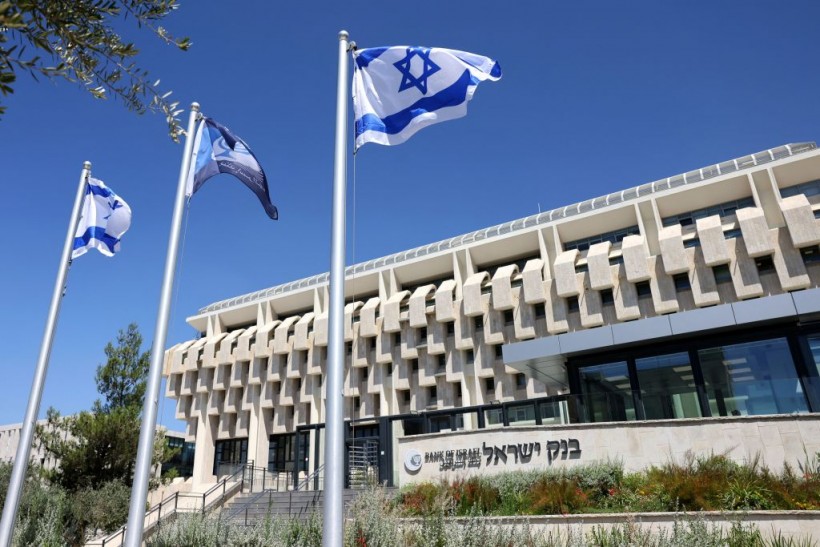
After the Israeli government declared war in response to a surprise strike by Hamas terrorists on Saturday, October 7, the value of the shekel dropped. This is despite the Bank of Israel's announcement that it was willing to sell tens of billions of dollars in foreign currencies to strengthen the shekel.
With hundreds killed in the bloodiest assault on Israel in decades, Prime Minister Benjamin Netanyahu has warned that the battle against Hamas in the Gaza Strip would be a long and challenging one.
Effort to Stabilize Shekel's Value
In a statement released on Monday, October 9, as reported by Bloomberg, the central bank detailed an extraordinary initiative to boost markets by selling up to $30 billion and extending up to $15 billion via swap mechanisms. It said that future market operations will aim to reduce fluctuations in the shekel's exchange rate and provide enough liquidity.
The bank's unprecedented involvement is the first time it is selling foreign currency to prop up the shekel since it was permitted to trade freely.
Despite the intervention, the Israeli shekel dropped to a session low after temporarily recouping its losses upon its announcement. As of 1:00 PM local time, the currency had fallen 2% versus the dollar, to a rate of 3.9235. This was the lowest level since 2016.
After falling as much as 1.3% early Monday, the benchmark TA-35 stock index recovered and then climbed 0.2%. Sunday, October 8, saw a 6.5% drop in the index. Dubai's benchmark gauge dropped 2.9% as investors fretted about the potential for a wider conflict as a result of the battle.
According to Geoffrey Yu, a currency and macro analyst at BNY Mellon in London, stability is more essential in these cases. "In the short term, there will be some volatility in markets, but we expect this to be manageable. The liquidity support is expected and the Bank of Israel is very much experienced in such matters."
Also Read: Israel-Palestine Conflict Divided Protests Erupt in US Amid Deadly Hamas Attacks
Conflict May Be Getting Worse
The fighting in Israel seems to be growing worse. The terrorist incident carried out by Hamas last weekend brought the militant organization in charge of the Gaza Strip to international attention.
Reports claim that the horrific terrorist attack by Hamas was the first in a series of sustained missile launches against Israel.
Hezbollah, like Hamas, is an Iranian proxy that has entered the fight in the Middle Eastern country. Because of their access to high-precision missiles, this group is seen as more dangerous than Hamas. Hezbollah, the Ansar Allah Houthi Movement, the Afghan Taliban, and other Iraqi militias have all declared their support for Hamas' actions.
The most surprising aspect of this war is that these factions are actively recruiting others in the Middle East to help them seize Jerusalem by opening sea and land access.
Hamas' latest fatal operation has been hailed by several commanders of Iran-backed militias in Iraq. Akram Al-Ka'abi, the head of the Al-Nujaba Movement, is one of them.
Also Read: US Calls for Other Nations To Condemn Hamas Attacks as Security Council Remains Silent








